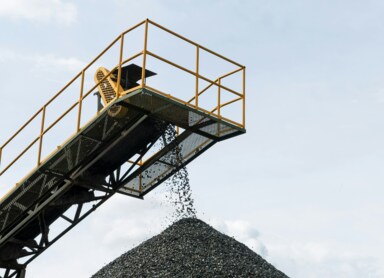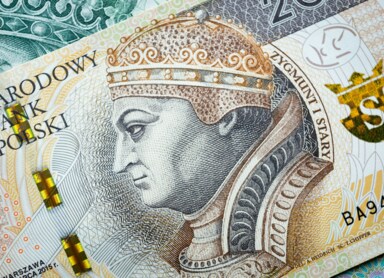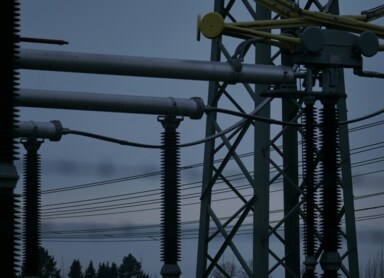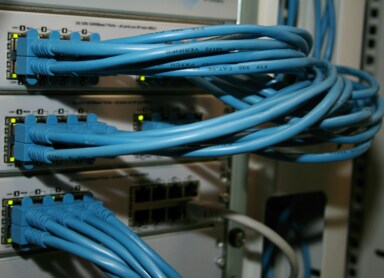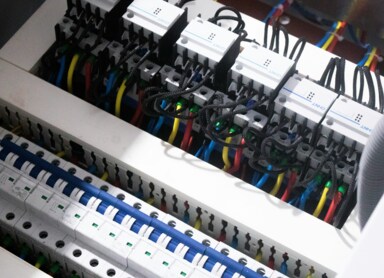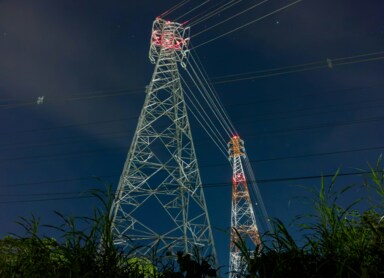Prosumer – who is it and what is their role in the world of renewable energy?
The operation of modern power systems, known as smart grids, no longer relies solely on electricity generation by a few large, state-owned providers. Prosumers are playing an increasingly important role in these systems. Who is a prosumer, and why is their role in the world of renewable energy so crucial?
Who is a prosumer in the renewable energy ecosystem?
A prosumer in the renewable energy ecosystem is an individual or entity that both produces and consumes electricity, specifically from renewable energy sources like solar, wind, or hydropower. The term "prosumer" comes from the combination of the words producer and consumer. A prosumer generates electricity primarily for their own use, ensuring at least partial, and ideally full, self-sufficiency in energy needs. This provides energy independence from grid operators and increases security and access to cheaper, stable electricity, resistant to market price fluctuations.
Prosumers play a crucial role in easing the load on the central power grid, and they are welcomed in energy clusters, contributing to energy autonomy for entire administrative areas, such as municipalities. In fact, a prosumer can be seen as both the first and last link in the entire energy system.
Renewable energy prosumer – definition and scope of activity
The term "prosumer" is defined in Poland's Renewable Energy Sources Act1, but it is not a uniform concept. There are currently four types of prosumers:
- Individual prosumer;
- Tenant prosumer;
- Collective prosumer;
- Virtual prosumer.
All these types share the characteristic of being end users who produce electricity solely from renewable sources, provided that for non-household users, this production is not their primary economic activity.
Individual prosumer installations are limited to a maximum capacity of 50 kW, and energy settlement involves self-consumption, net billing, and surplus settlements, with a cash payout limit of 20% of the energy fed into the grid.
Tenant prosumers can install systems up to 50 kW, but no greater than the total connection capacity for a building. Energy is settled through self-consumption and financial deposits that can be used for energy bills or to reduce housing costs.
Collective prosumers may use systems up to 1 MW, divided proportionally among participants, with up to 50 kW per prosumer. Energy is divided as though each prosumer had individually produced their portion.
A newer concept is the virtual prosumer, where the installation is located elsewhere, and energy is delivered via the distribution grid. No maximum capacity applies, but each virtual prosumer's share is capped at 50 kW.
In all these cases, combining multiple prosumer statuses is allowed, provided the total connection point capacity doesn't exceed 50 kW. The order of settlement prioritizes individual prosumers, followed by collective, and finally virtual prosumers.
A "flexumer" is a prosumer who manages energy smartly, for example, by storing excess energy in batteries, maximizing self-use while avoiding unfavorable grid sales.
How to become a prosumer?
Obtaining prosumer status is relatively simple. First and foremost, one must use a photovoltaic microinstallation of no more than 50 kW, which is connected to the power grid with a maximum voltage of 110 kV. This means that on-grid and hybrid photovoltaic systems allow you to become a prosumer, but off-grid systems do not, as the user is not connected to the distribution system operator's grid (OSD) in any way.
The next step is signing a comprehensive electricity sales contract. This is very important because only a comprehensive contract allows for balancing the energy taken from the grid with the energy produced. Separate contracts do not offer this possibility.
Finally, prosumers can use the generated electricity solely for their own needs, but cannot send it for further distribution. In this case, the regulations refer to the definition of economic activity found in the Entrepreneurs' Law Act2. This refers to organized profit-making activity, carried out in one’s own name and continuously. It does not matter whether the energy produced is used to power a household installation (such as a washing machine, dishwasher, refrigerator, and computer) or a company installation, which may include machinery, office lighting, or HVAC systems. The electricity obtained from renewable energy sources cannot be sold further.
What is the role of prosumers in the energy transition?
The introduction of prosumers as small units contributing to a larger system benefits everyone. Prosumers themselves pay lower electricity bills and can feel more secure during times of rising energy prices. They also gain the image of environmentally conscious businesses that meet ESG reporting requirements. For other participants, the growing number of prosumers in the energy market contributes to greater system stability and potentially lower prices for goods and services due to reduced business operating costs.
Whether you're a consumer or running a large company, becoming a prosumer pays off. The costs associated with installing renewable energy infrastructure are recouping faster, and after a few years, the electricity produced is practically free. Contact us and see how we can help you take the "green path" towards the energy transition!
1. https://isap.sejm.gov.pl/isap.nsf/DocDetails.xsp?id=WDU20150000478
2. https://isap.sejm.gov.pl/isap.nsf/DocDetails.xsp?id=WDU20180000646
